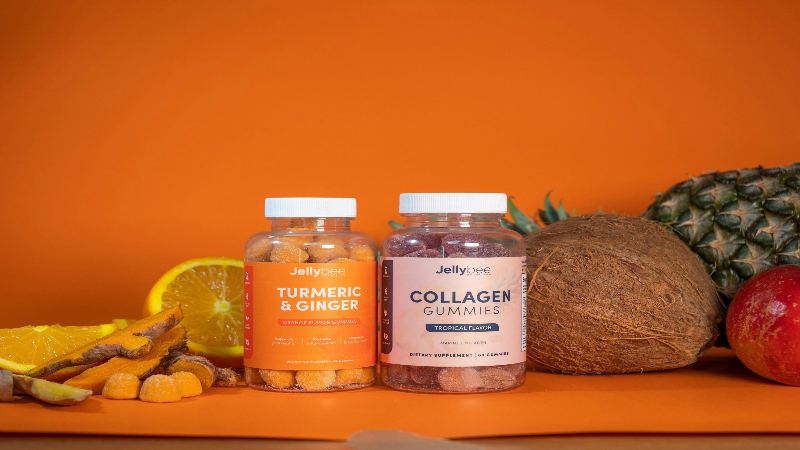Best Skincare Ingredients for Smooth Hydration | Brightening
Discover the best skincare ingredients that truly transform your skin. In this guide, you’ll explore proven hydrating, brightening, and anti-aging actives that create smooth, glowing, and healthy skin. As you learn how each ingredient works, you’ll gain confidence in building a routine that delivers results, not guesses.
Skincare Ingredients for Deep Hydration
Achieving smooth, hydrated skin starts with understanding the most effective skincare ingredients that attract and retain moisture. Hyaluronic acid takes the lead because it pulls water into the skin and visibly plumps fine lines. Glycerin also works exceptionally well by drawing hydration from the environment while strengthening your moisture barrier. Additionally, soothing aloe vera and lightweight squalane help calm irritation and deliver lasting nourishment without clogging pores. Together, these hydration-boosting skincare ingredients create the foundation of any successful routine, ensuring your skin feels soft, supple, and refreshed.
Youthful Ingredients for Brightening and Glow
To achieve a radiant complexion, you need brightening skincare ingredients that help even out your tone and protect your skin from environmental stress. Vitamin C remains the gold standard because it neutralizes free radicals and helps fade dark spots over time. Likewise, niacinamide reduces redness, minimizes pores, and strengthens the skin barrier while adding a natural glow. Furthermore, alpha arbutin and licorice root extract gently target hyperpigmentation without irritation, making them perfect for sensitive or uneven skin. When used consistently, these glow-enhancing ingredients transform dull skin into a brighter, smoother canvas.
Powerful Exfoliating Skincare Ingredients
Exfoliating skincare ingredients play a major role in revealing smoother, clearer, and more radiant skin. AHAs such as glycolic and lactic acid remove dead cells from the skin’s surface, improving texture and reducing the look of fine lines. Meanwhile, BHAs like salicylic acid clear pores and combat breakouts by dissolving excess oil. If your skin is sensitive, PHAs offer a gentler option while still delivering visible exfoliation benefits. With the right balance, these exfoliating ingredients prevent congestion and allow your other products to absorb better, resulting in healthier and more vibrant skin.
Anti-Aging Ingredients for Youthful Skin
To maintain youthful, firm skin, incorporate anti-aging skincare ingredients that boost collagen and support cell renewal. Retinol remains the most researched ingredient in this category because it increases turnover and improves fine lines, discoloration, and breakouts. Peptides also strengthen the skin’s structure by signaling collagen production, resulting in firmer and smoother skin. Even so, bakuchiol serves as a gentle alternative for those who cannot tolerate retinol. Finally, antioxidants like CoQ10 protect the skin from premature aging while energizing the cells. When combined, these powerful ingredients give your skin a visibly lifted, rejuvenated appearance.
Barrier-Repairing Ingredients for Sensitive or Damaged Skin
Your skin barrier needs consistent support, and barrier-repair skincare ingredients help restore balance, reduce redness, and prevent moisture loss. Panthenol calms irritation and infuses the skin with lasting hydration. Additionally, Centella Asiatica (Cica) helps soothe inflammation and promote healing, especially after breakouts or sensitivity flare-ups. Moreover, colloidal oatmeal provides immediate relief from tightness and discomfort associated with dryness or eczema. Chamomile also provides natural anti-inflammatory benefits, making these ingredients essential for anyone struggling with irritation or compromised skin health.
Sun Protection and Plant-Based Skincare Ingredients
To complete your routine, choose protective and plant-based skincare ingredients that keep your complexion healthy over time. Zinc oxide and titanium dioxide offer reliable mineral sun protection, reflecting UV rays and preventing sun damage. Chemical filters such as avobenzone also absorb UV light, offering lightweight, long-lasting coverage. On the botanical side, green tea extract reduces inflammation and protects against environmental stressors, while tea tree oil eliminates acne-causing bacteria. Transitioning to nourishing oils like rosehip balances hydration and helps fade scars. Finally, witch hazel controls oil and refines pores, rounding out a routine designed for clarity, brightness, and long-term skin wellness.

